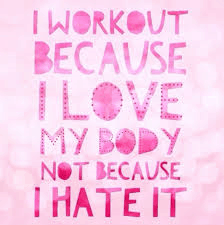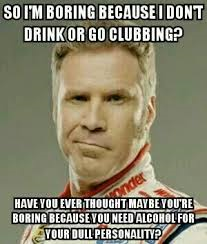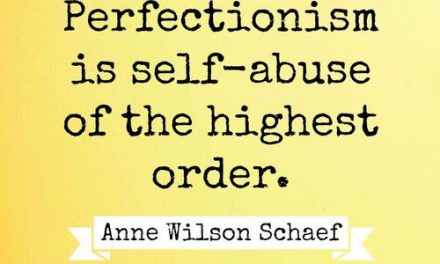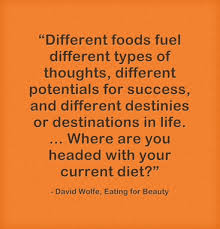What if you loved exercising so much you couldn’t quit? Does the image of a small waistline, slender hips and shapely legs bring a smile to your face? Think again. That image of beauty may be an unrealistic, media-provoked goal. And believe it or not, you really can get too much of a good thing.
For some people, exercise becomes an obsession, especially when combined with a distorted body image or a fixation on a particular body part.
Passion vs. Obsession –
Let’s not beat around the fitness bush here. There’s no denying I have been legitimately addicted to exercise. Yet few people (myself included) fully understand this “healthy” mania that researchers estimate affects 0.3 to 0.5 percent of the population.
When does healthy become harmful?
Addict or not, exercise undeniably makes everyone feel better. Just ten minutes of physical exertion has been shown to reduce depression, improve our mood, dial down anxiety, make us less angry, relieve pain, and reduce mortality.
Improved physical strength, endurance, and a tighter waistline are additional pros of getting our gym on. And then there’s the ego-stroking thrill of broadcasting our fitness achievements via the web, around the office, or even over a few drinks with friends.
There’s nothing wrong with incorporating these dollops of “fit-spiration” into our daily decisions to be active. But problems arise when the pursuit of these awesome payoffs starts taking over our lives.
Exercise addiction often starts as a peer-encouraged means of achieving a happier state: It wards off tension. It dampens the impact of stresses at work or school. It takes the edge off self-consciousness. Or it kicks off that runner’s high, which makes you seriously think you just might be super(wo)man. Gradually, these benefits become increasingly difficult to obtain from the initial amount of exercise you first engaged in. You begin avoiding other ways to manage uncomfortable emotions, feel okay about yourself, or find the motivation to work towards non-fitness goals.
Next thing you know, you’re regularly cancelling plans with friends to stay longer at the gym. The concept of taking a day off makes you want to cry, and you’re devoting so much mental energy to planning your next workout that your job performance is waning. You’re not sleeping well, your temper’s grown astonishingly short, and you’re desperately trying to ignore the achy requests from your body to chill the f*** out.
Meanwhile, everyone’s telling you, you look UH-mazing!!!
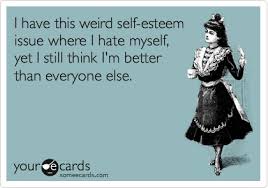
“When you start to lose control over a behavior — when you find yourself routinely exceeding a pre-planned limit or repeatedly spending longer than you intended doing it — that’s a key sign you’re addicted,” explains Marilyn Freimuth, Ph.D., psychologist and author of Addicted? Recognizing Destructive Behavior Before It’s Too Late. Not taking enough time off to heal injuries and being unable to keep exercise out of your mind during non-fitness engagements are additional signs the behavior is bordering on unhealthy. I once pushed through a shoulder injury which causes issues now years later.
Other indicators? Feeling guilty about how much you exercise, craving more and more exercise to achieve its initial effects, and attempting to exercise in the same way or at the same frequency day after day after day.
Tolerance: Needing more and more of the activity to achieve its initial effects.
Withdrawal: Increased agitation, fatigue, and tension when not exercising.
“Intention Effect”: Exercising for longer than intended on most trips to the gym.
Lack of control: Difficulty scaling back the duration and intensity of exercise.
“Time Spent”: Funneling exorbitant chunks of our day and night towards fitness-related activities.
Reduction of Other Pursuits: Avoidance of social engagements that don’t involve exercise, cancelling plans, or showing up late for work in order to exercise longer.
Continuance Despite Injury: Not taking enough time off to heal despite your doctor repeatedly raising judgmental eyebrows.
Meeting some of the above criteria doesn’t necessarily mean you’re in the throes of addiction. “A lot of people have a healthy attitude towards exercise, choose to become trainers, or work at a gym, and that’s fine,” explains Hausenblas. “It’s when exercise becomes all consuming — when you start losing friends, forgoing social activities or reneging work opportunities — that your workout schedule becomes cause for concern.”
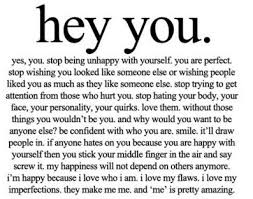
Studies suggest personality traits of extraversion, neuroticism, and low agreeability may raise an individuals’ risk of developing a compulsive connection to physical activity. After all, extraverts are more energetic and inclined toward excitement; neurotics are more preoccupied with appearance and health; and less agreeable folks are more competitive, self-centered, and stridently mistrusting of anyone who tells them to slow down. (I apologize in advance, friends. Do forgive me.)
So I am addicted am I screwed?
I’ll admit, exercise isn’t the first thing I’ve developed an excessive fondness for. And yes, I suppose it’s amongst the healthier options of things to latch onto. Working out grants me the sense of control and confidence I’ve sorely lacked in my life outside the gym, as well as the reassurance that I’ve done something to render myself “worthy” of others’ admiration and attention. Getting a move on also affords me a fine sense of focus and mental clarity, a break from life’s upsets, and an outlet for sometimes boundless energy.
The problem wasn’t that I went to the gym to feel better about myself; the problem was that in order to feel better about myself I had to do at least two or more hours of running, lifting, squatting, lunging, or vinyasaing. My exercise dependence had brought me more injuries than health boosts, and it actually amplified my anxiety. It also forced me into a isolated status that is anything but as pretty, impressive, or empowering as it may appear.

Thankfully, this was the point in my life when I met the monkey husband. I joked about his ‘rest days’ and workout log of (HA) 5 exercises and what no cardio?! I was doing the WOD, daily 5km runs, evening yoga classes and a noon hour lifting session aka ‘I win’…?! Thankfully he showed me the light. Truth is: No piece of fitness equipment can strengthen the parts of me I feel are too weak to be seen by society. Nor can any cardiovascular routine slim down the aspects of myself I fear might be too much for others to handle. And with the help of my loving husband, I’m learning to accept, and take a stab at enjoying, those segments of “me” that I’ve long tried to suffocate.
When is enough enough?
It interferes with daily activities and relationships.
You believe that bad things will happen if you don’t work out.
You develop a perfectionist attitude toward exercise and your body.
You ignore the signs of illness, injury or fatigue and work out despite them.
You set unattainable goals (miles run, hours worked out, percentage of body fat, etc.)
You ignore friendships or satisfying hobbies in order to exercise.
I highly encourage anyone who thinks they might be using exercise in an unhealthy manner to take my lead and reach out for support. Don’t train because you hate yourself train because you love yourself!
With love from the Trench kitchen,
xoErika♥

